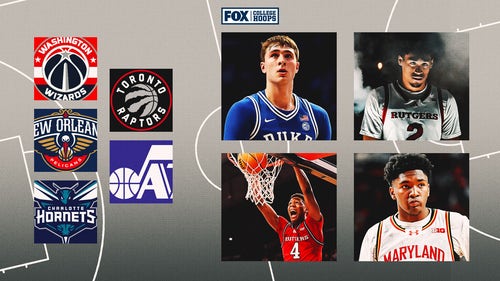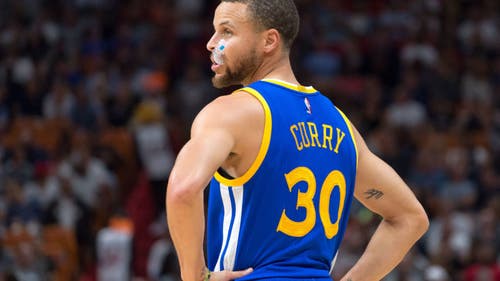
Overseas option far from sure thing for NBA stars
Deron Williams' decision to play in Turkey if the lockout remains could open the door for other NBA stars.
Unless FIBA shuts it.
Basketball's governing body has to sign off on these deals for players under contract, and the NBA Players' Association expects that it will.
But what if it doesn't?
''I don't think that's going to be an easy transaction, to be honest with you,'' said agent Roger Montgomery, whose client Sonny Weems signed in Lithuania last week after playing last season with the Toronto Raptors.
Weems, whose contract had expired, agreed to a one-year contract without an opt-out clause, meaning he's actually committed to spending the season in Europe. But the deal that Williams would get from Besiktas of Turkey - and that any top-level NBA player would demand - would allow him to run right back to the NBA once the lockout ends.
So in approving the deals, FIBA would potentially be giving away valued jobs to players who have no intention of keeping them, diminishing the overseas product for the sake of perhaps a few games with bigger names.
The NBA union's belief is that FIBA would not stand in the way of players whose contracts have been suspended because of the lockout seeking employment elsewhere.
But FIBA needs a little more time to determine that. A spokesman for the organization said it is working on a statement to be sent to its membership and clubs to clarify the legal situation, which will likely be ready early this week.
If FIBA says it will offer letters of clearance, the Williams route becomes available for any other NBA players who want to play, not stay, in Europe. Kobe Bryant, Amare Stoudemire, Carmelo Anthony and Dwyane Wade were among the players who reportedly would be open to playing overseas.
But don't plan on that exodus just yet. One agent said he ''wouldn't be shocked'' if FIBA rejects the kind of contract they'd be seeking and wondered if many European teams would even offer them.
Of course, it's unclear how many teams could even afford to. With the risk of injury that could threaten their NBA earnings, few top players would consider the move without the guarantee of top dollars. And in a weakened European economy that likely rules out the elite Greek clubs, and a history of headaches with certain teams when it comes to actually receiving payment, top talent may not have many places to go.
''There's not a lot of teams over there that could pay the salary of what a rotational NBA player would earn,'' agent Mark Bartelstein said last week. ''I wouldn't say it's a vibrant market for NBA rotational-caliber players.''
While seeing its players getting jobs overseas could potentially threaten owners at the bargaining table, the NBA has shaken off the European challenge before and likely would again.
Many U.S. Olympians were asked if they would consider the option in 2008 after Josh Childress left the Atlanta Hawks for Greek club Olympiakos and other lesser players followed, agreeing they would have to listen for a deal that would offer them $40 million a year, tax free. But NBA Commissioner David Stern quickly played down the idea, saying ''the system will not support it,'' and that was before the economy tumbled.
So while the Williams deal was interesting, deals for ones like Weems are far more likely.
''That's going to be difficult at best, especially for your A-tier player,'' Montgomery said.
---
Follow Brian Mahoney on Twitter: http://www.twitter.com/Briancmahoney










